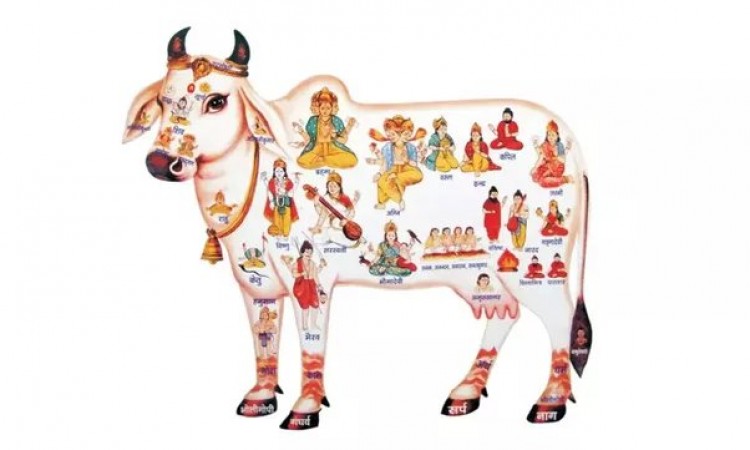
Hinduism, one of the world's oldest religions, holds cows in high esteem and considers them sacred animals. Throughout history, cows have played a crucial role in the spiritual, social, and economic fabric of Hindu society. The reverence for cows is deeply rooted in Hindu scriptures and cultural practices, making them an integral part of the Hindu way of life. The significance of cows in Hinduism goes beyond the realm of mere religious rituals; it is intertwined with the cultural, social, and economic fabric of the Indian society. The cow's veneration reflects Hindu values of compassion, non-violence, and reverence for nature. Understanding the sacredness of cows in Hinduism is crucial to appreciating the deep-rooted traditions and beliefs that continue to shape this ancient religion.
The veneration of cows can be traced back to ancient Hindu texts such as the Vedas, which extol the importance of cattle and their symbolic representation of wealth and abundance. In Hindu mythology, cows are often associated with various deities like Lord Krishna, who is depicted as a cowherd. The Kamadhenu, the celestial cow, is believed to grant wishes and fulfill desires. Cows hold a central place in Hindu religious ceremonies and rituals. They are often considered the embodiment of the divine and are regularly used as a symbol of purity, selflessness, and non-violence. Hindus believe that serving and protecting cows can bring spiritual blessings and accumulate good karma. Gau Seva, or cow service, is a significant aspect of Hindu philanthropy. Devotees often donate to cow shelters or Gaushalas, where abandoned or stray cows are cared for and protected. This act of compassion is seen as an act of devotion and a way to seek the blessings of the divine. Cows have been integral to the agricultural economy of rural India for centuries. They provide essential resources such as milk, dung, and ghee, which are used for various purposes, including food, fuel, and religious rituals. Additionally, cow dung is considered an eco-friendly source of fuel and manure, promoting sustainable practices.
Despite the reverence for cows in Hinduism, there have been modern-day challenges and debates surrounding the treatment of cows, including issues related to cow slaughter and cow protection laws. Some argue for stricter protection to preserve the religious and cultural significance of cows, while others emphasize the need to balance economic and environmental concerns.
Also read -Preserving History: Efforts to Save Pakistan's Last Hindu Temples
1500-Year-Old Wonders: Panchmukhi Hanuman Temples of Karachi